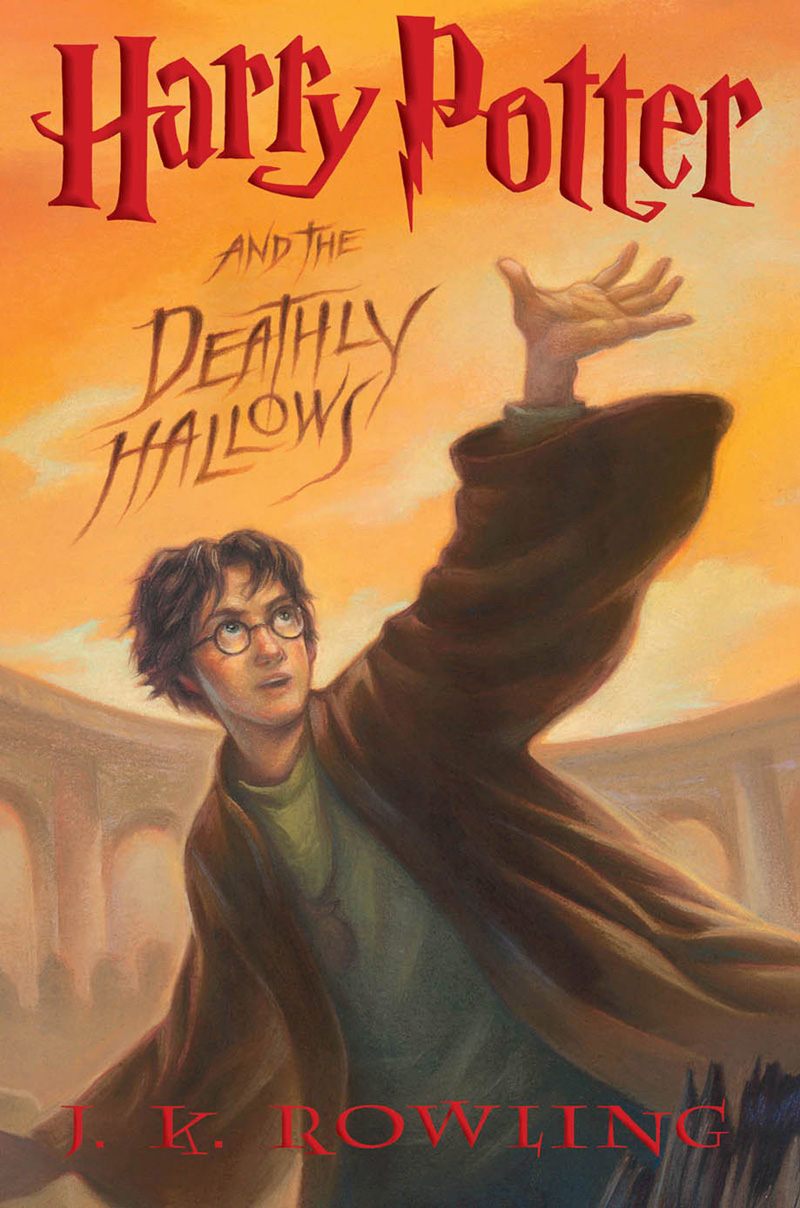There are ideas in Zorba the Greek that remind me of my good old History of Literary Criticism class. I looked up the journal I had to turn in to Dr. Simon when I took his class and looked up some of my notes on Aristotle. Aristotle compares being inspired with being inebriated and he talks about how art comes from artifice, which is a copy of something else and is therefore not real. He defines divine inspiration as the “Model of Contagious Intoxication,” in which the Muse possesses the artist with divine inspiration, the artist creates an earthly representation of divine energies called art, and the audience is inspired by interacting with the divine energies represented in the art.
Zorba is the Muse, and his link with the divine can be seen in several ways. For one thing, Zorba is often actually intoxicated, and his intoxication is contagious because he talks the narrator into getting intoxicated with him. Zorba is like the narrator’s other muse, Buddha, because “[l]ike the child, he sees everything for the first time” (151); if I remember Siddhartha correctly, Buddha, Siddhartha and Vasudeva all talk about looking at things and interacting with the world like a child. Because Zorba looks at everything like a child, it means that, in a way, everything intoxicates him, like on page 136 when he says, “Boss, did you see that?...On slopes, stones come to life again.” This, in turn, intoxicates the narrator, who feels “a deep joy;” he is the audience to whom the divine energy has been transformed into inspiration, and he’s inspired to write about his muse Zorba.
Zorba has been so effective at passing down divine inspiration to the narrator that the narrator can’t even read other poetry, because in comparison to what Zorba teaches him, it has become “bloodless, odorless, void of any human substance” (133). Zorba’s position as Muse is highlighted when he tells his story to the narrator about “how God made man” because as Zorba says, “I was [there]!” (152-3). Zorba himself behaves as though he’s possessed by the Muse when he plays his santuri just before he tells this story; first he is divinely inspired and plays the santuri, and then he tells the narrator about God creating man. He is the “Model of Contagious Intoxication.”
Obviously, Zorba is the Muse for the narrator of this story, otherwise the narrator would not have called his book Zorba the Greek, he would have called it Buddha, as he originally intended. Zorba is slowly replacing the narrator’s original muse, Buddha, but I don’t understand if the narrator is fully aware of it yet. At the end of this section, he says that Zorba “has given a warm, beloved, living body to all the abstract ideas which were shivering inside me” (154). Then on the next page, he says, “[t]he exorcism of Buddha was flowing without hindrance onto the paper” (155). I don’t understand why he’s still wrestling with his ideas about Buddha when it’s obvious that Zorba is more inspiring to him than Buddha. I suppose it won’t come until the end of the book that the narrator will have an epiphany wherein he realizes that Zorba does not help him to write about Buddha, he is actually the idea the narrator wants to write about instead of Buddha. Which leads me to ask, was this written as a reaction to Siddhartha?












